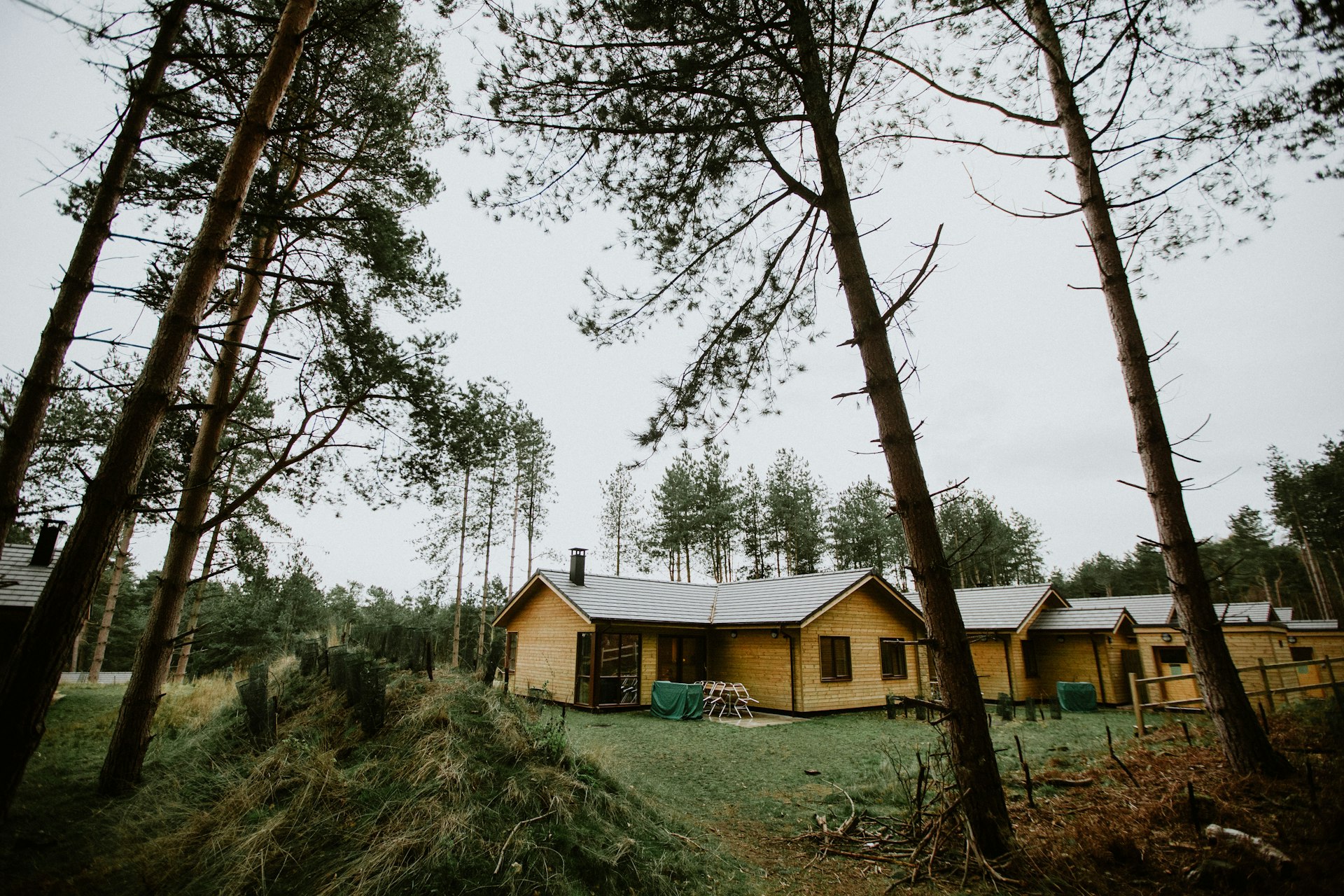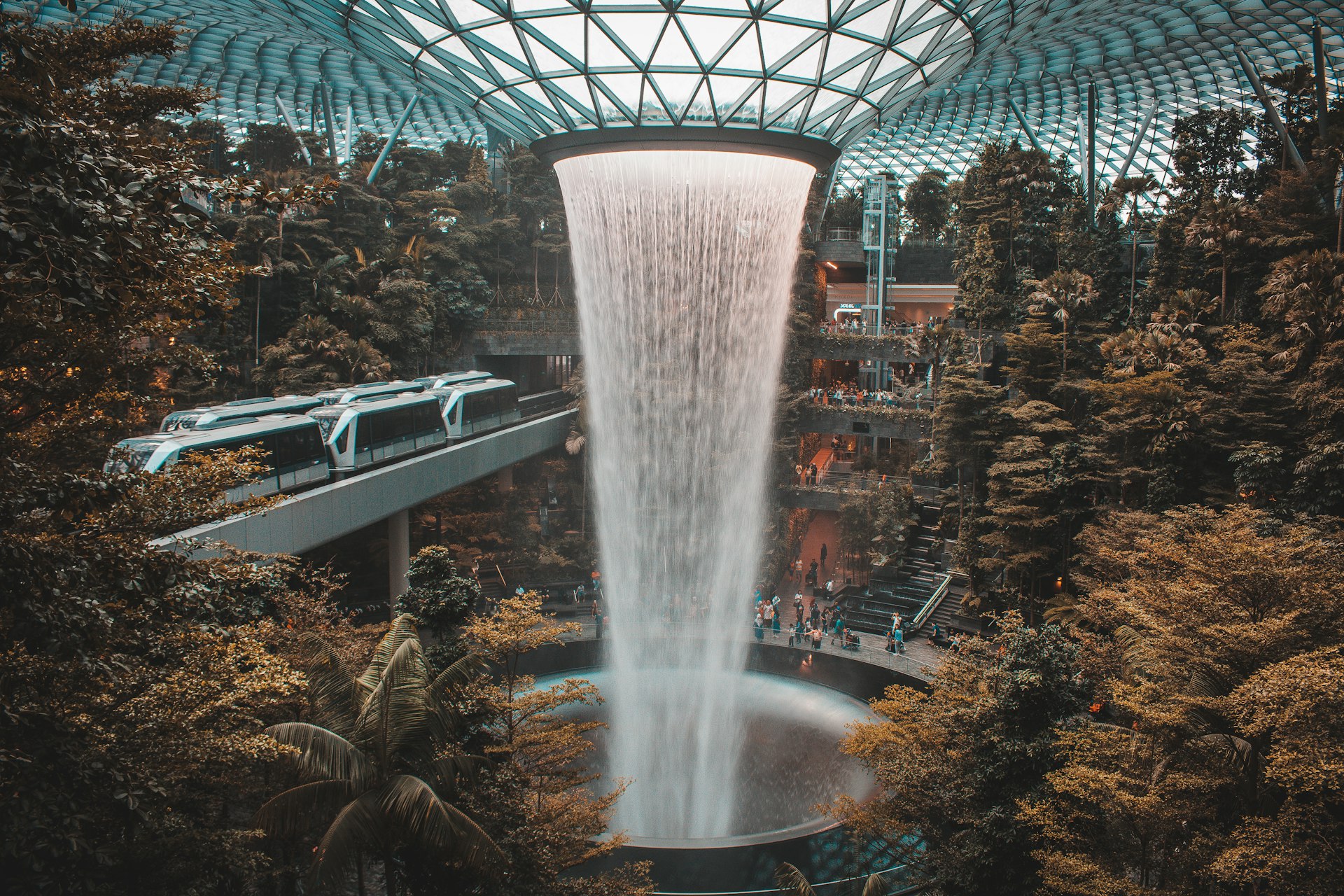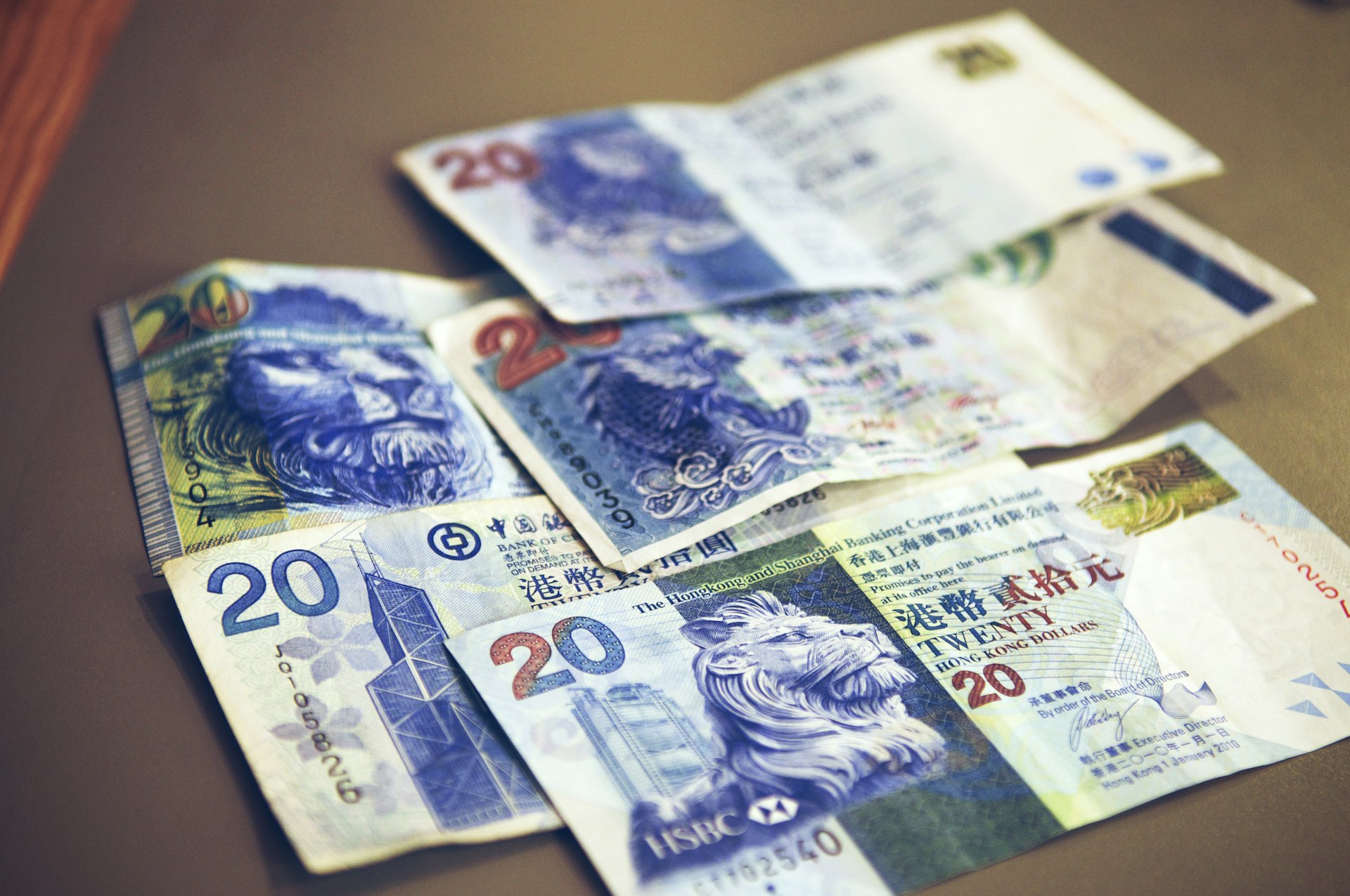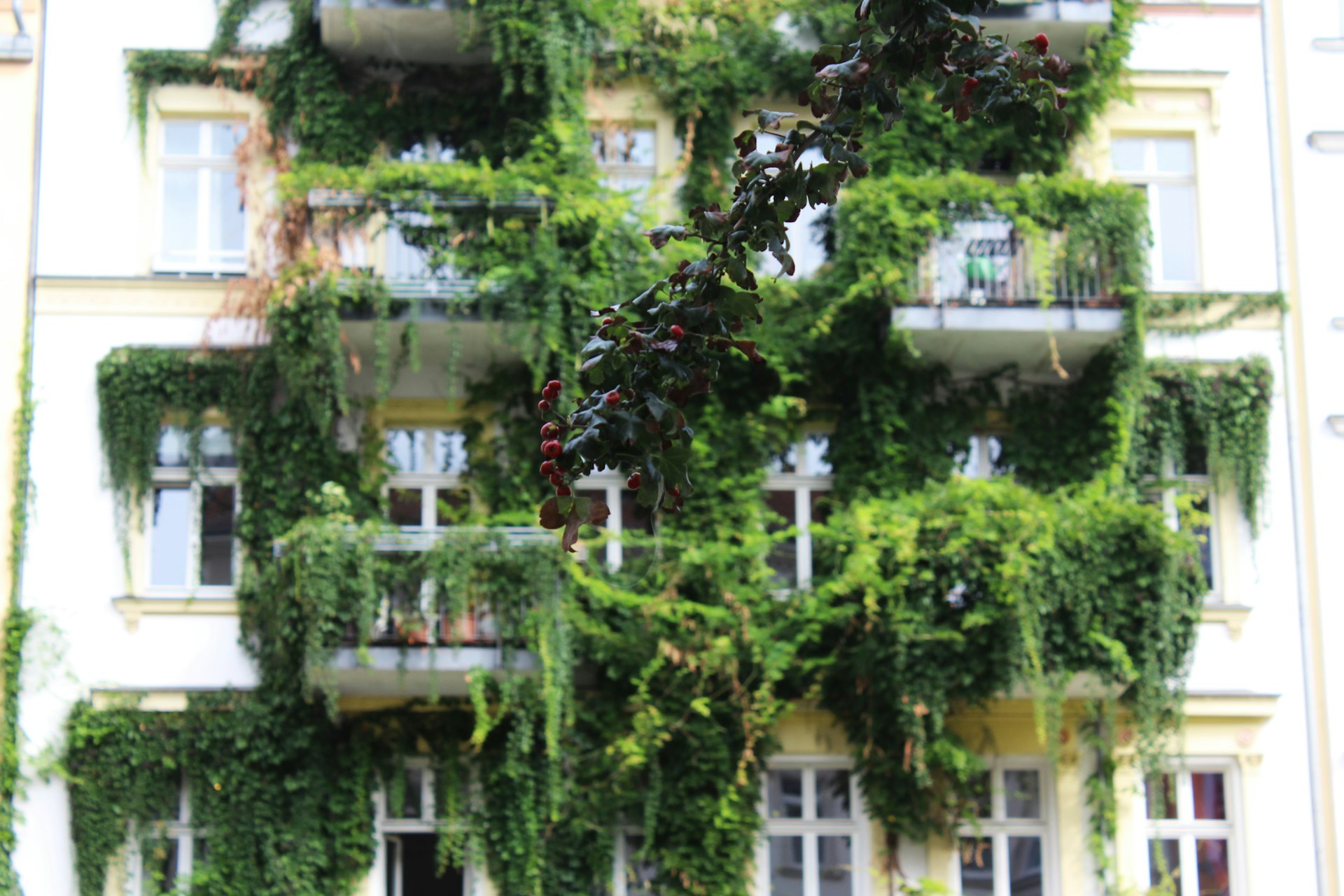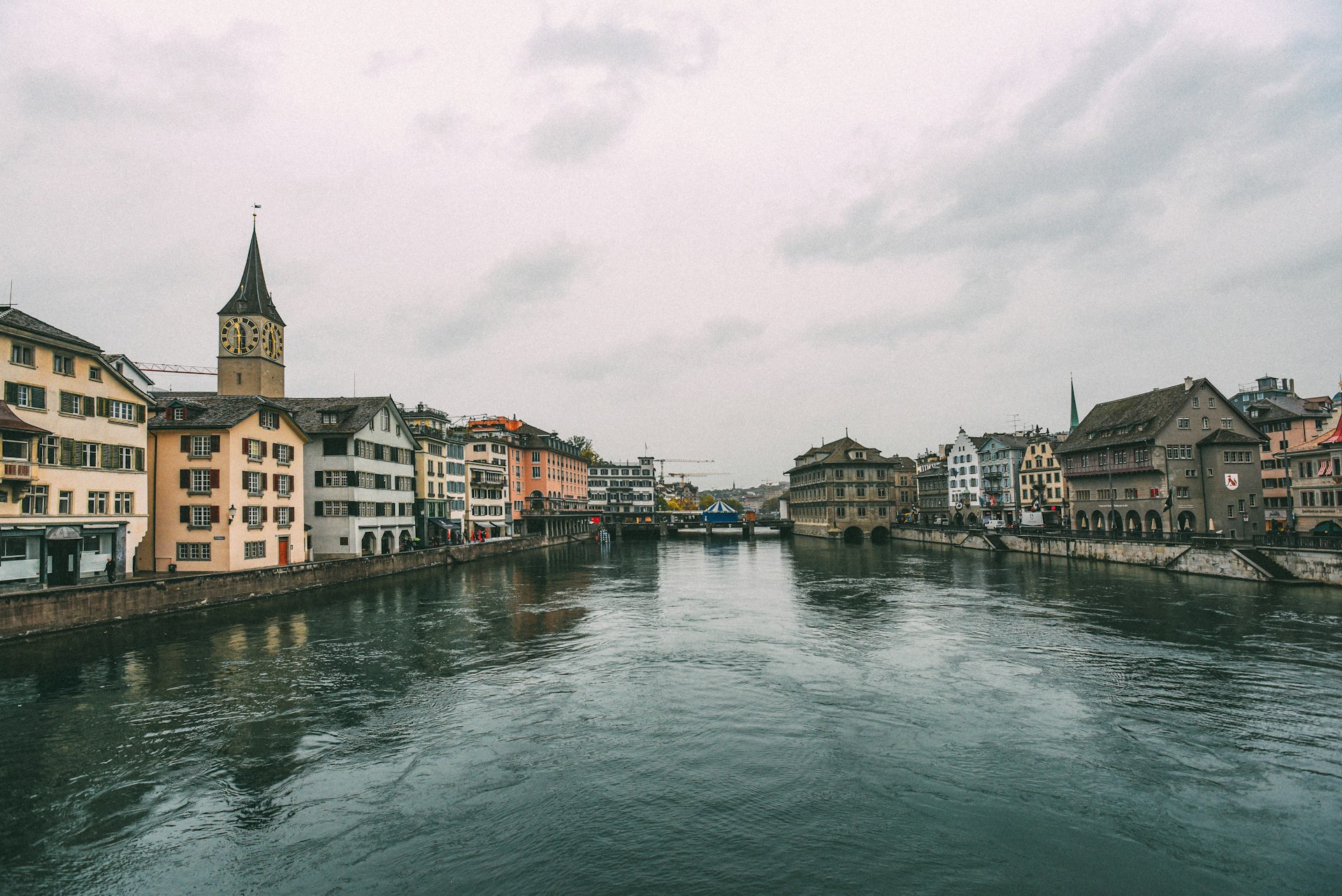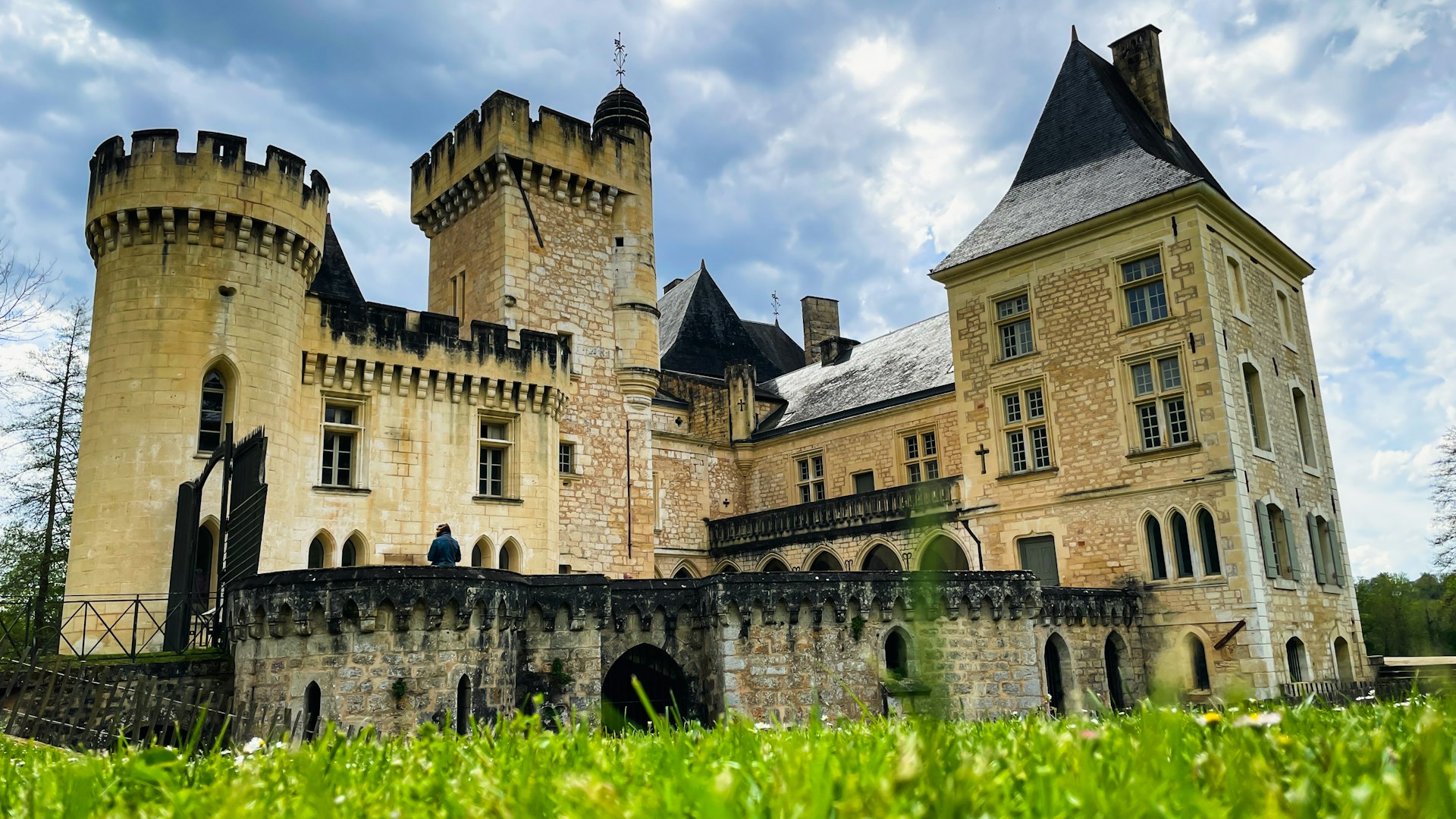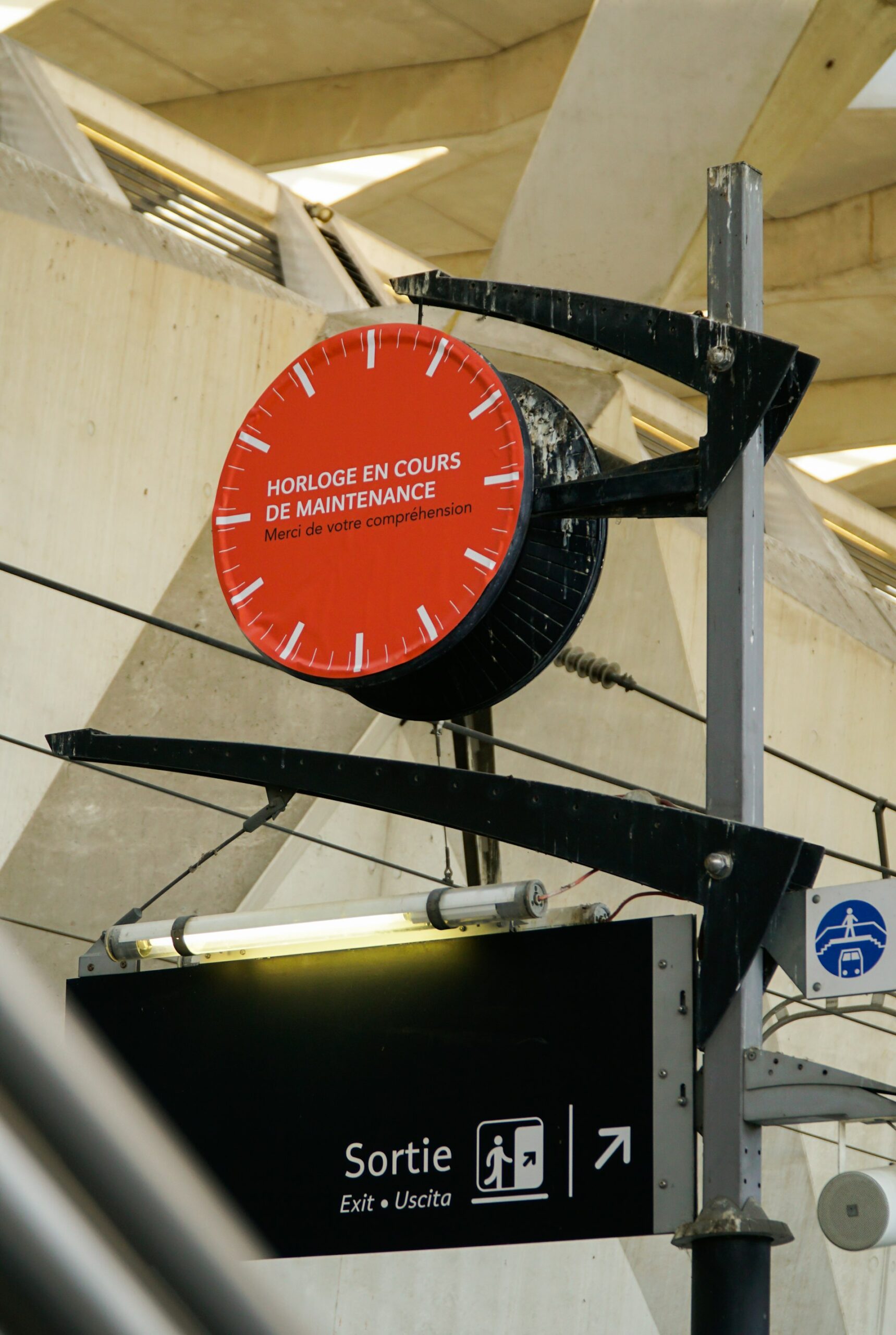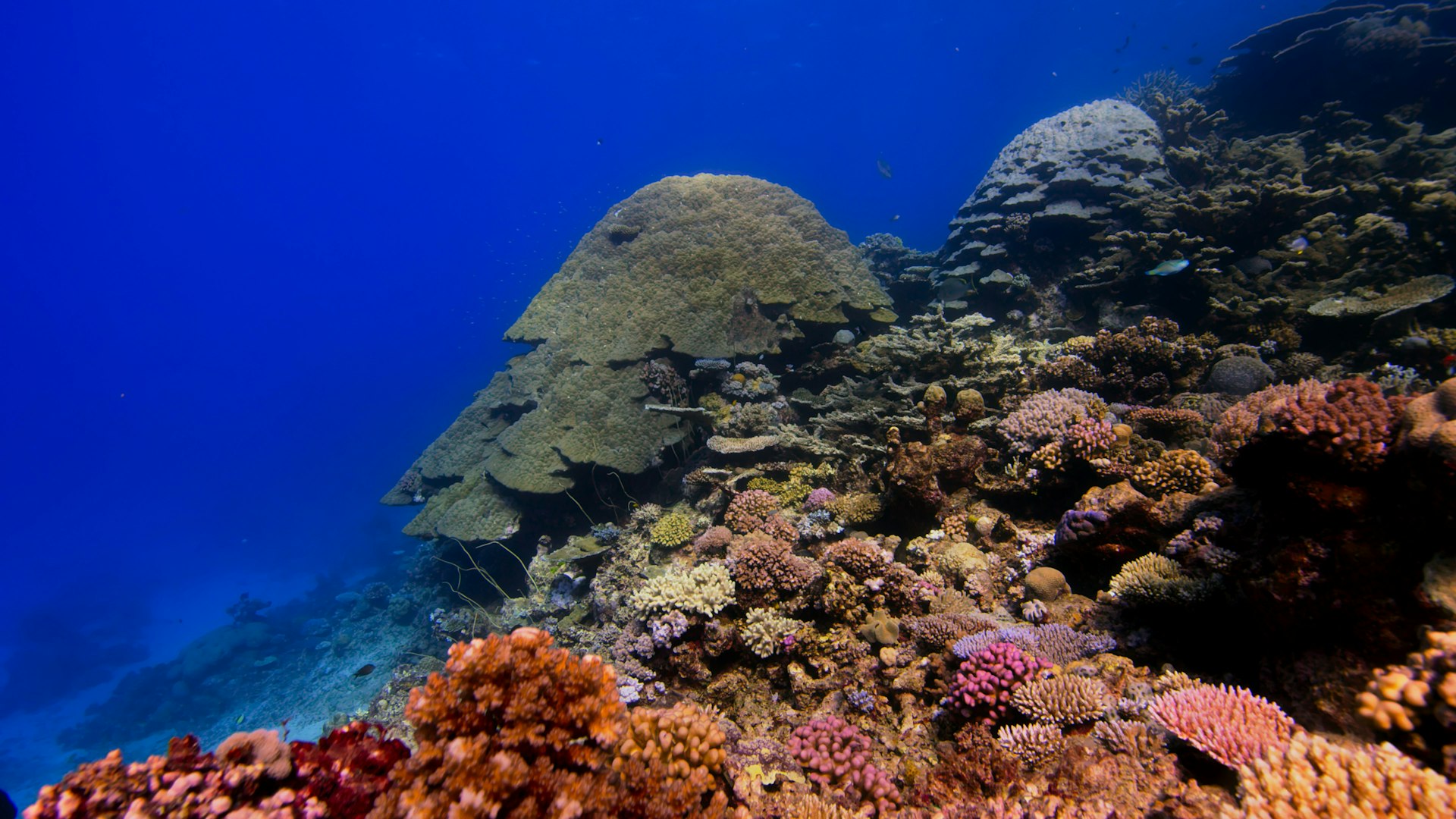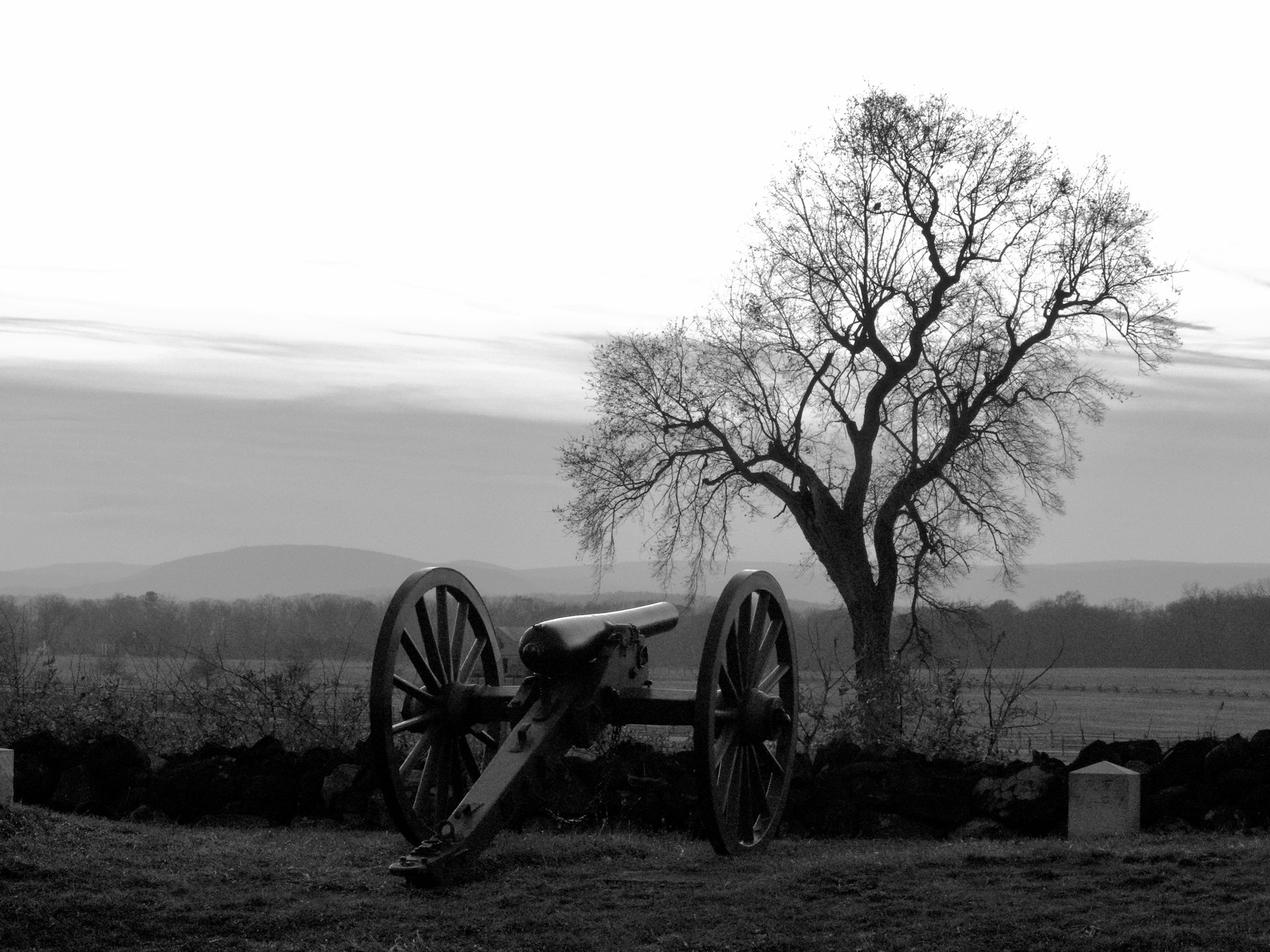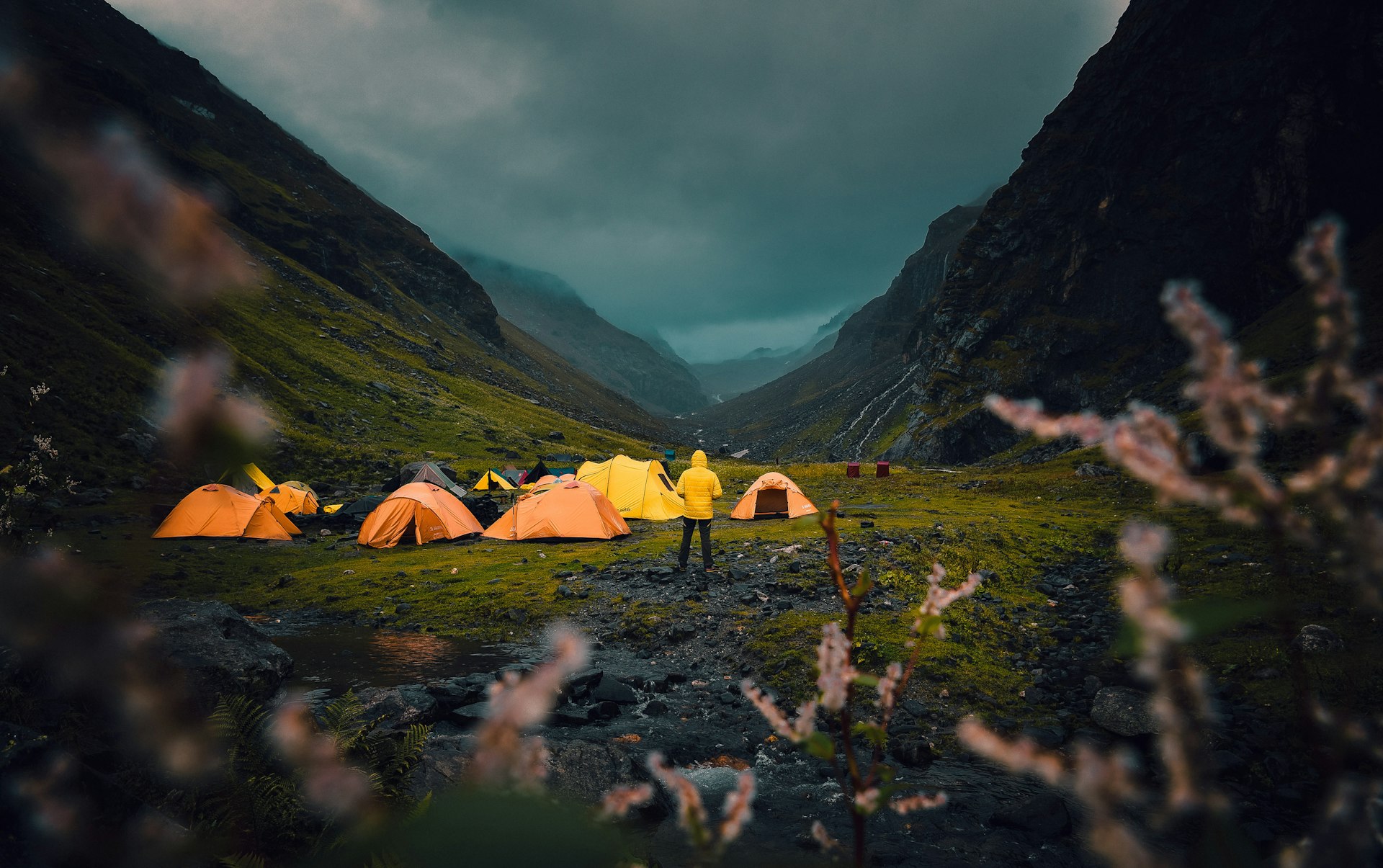Transform Your Journey: Discover Europe’s Best Slow Travel Experiences in 2025

Photo by tommao wang on Unsplash
Introduction: The Essence of Slow Travel in Europe
In today’s fast-paced world, slow travel has emerged as a transformative way to experience Europe. Rather than rushing from one landmark to another, slow travel encourages you to immerse yourself in the culture, history, and rhythm of each destination. This approach prioritizes genuine local connections, longer stays, and a mindful pace, offering travelers a deeper and more restorative journey. According to recent data, searches for slow travel holidays in the UK have risen by 5.4% between April 2024 and March 2025, reflecting a growing desire for meaningful exploration and emotional well-being [1] .
What is Slow Travel?
Slow travel is about savoring every moment, prioritizing authentic experiences over ticking off tourist attractions. You spend longer in one place, interact with locals, and embrace the journey itself as part of your adventure. This approach often involves staying in unique accommodations, exploring natural landscapes, and enjoying regional cuisine. Travelers who adopt slow travel report feeling more grounded, present, and re-energized after their journeys [2] .
Top Destinations for Slow Travel in Europe (2025)
Europe offers a wealth of destinations ideal for slow travel. Below are some of the most celebrated locations and what makes them unique:
Cornwall, UK
Cornwall leads the 2025 Slow Travel Index thanks to its breathtaking beaches, rugged coastline, and vibrant seafood scene. Visitors can explore sleepy waterside villages, pedal coast-to-coast, or cruise along tranquil harbors. The pace of life allows nature lovers to truly soak in the surroundings and enjoy local artisanal goods [3] .

Photo by Norbu GYACHUNG on Unsplash
How to Access Cornwall’s Slow Travel Experiences: Book extended stays through reputable local providers or consider agencies specializing in UK countryside retreats. Look for accommodations in smaller villages to maximize your immersion and check local tourism boards for slow travel programs and guided experiences.
Tuscany, Italy
Tuscany is synonymous with slow travel-think ancient hill towns, winding cobblestone streets, and world-class cuisine. Extended stays in historic villas let travelers linger over espresso, explore local markets, and enjoy vineyard tours. Artistic treasures and golden coastlines provide endless opportunities for relaxation and cultural enrichment [2] .
How to Access Tuscany’s Slow Travel Experiences: Consider booking through curated villa specialists or local agriturismo networks. Many platforms offer customizable stays with guided cooking classes, wine tastings, and art tours. To find authentic options, search for ‘slow travel Tuscany’ or consult Italy’s official tourism websites for recommended partners.
Provence, France
Provence captivates with its lavender fields, artisanal food, and tranquil village life. Slow travelers can spend days exploring farmers’ markets, cycling through vineyards, and relaxing in sun-drenched courtyards. The region’s culture is best experienced through extended stays that foster genuine local connections [1] .
How to Access Provence’s Slow Travel Experiences: Search for local guesthouses or boutique hotels in small towns like Gordes or Roussillon. Many regional tourism sites offer slow travel itineraries emphasizing local cuisine, markets, and nature excursions.
Other Notable Destinations
Beyond the top three, travelers can find exceptional slow travel experiences in:
- Algarve, Portugal: Known for serene beaches and rustic villages.
- Dubrovnik, Croatia: Offers Adriatic beauty and historic charm.
- Andalusia, Spain: Flamenco culture, picturesque towns, and culinary delights [4] .
- Karlovy Vary, Czech Republic: Renowned for its restorative spa culture and UNESCO heritage [4] .
To access experiences in these locations, consult local tourism offices, regional guides, and slow travel specialists.
Planning Your Slow Travel Journey: Step-by-Step Guidance
Planning a slow travel experience in Europe involves several key steps:
- Choose Your Destination: Decide on a region that aligns with your interests-nature, cuisine, art, or wellness.
- Select Accommodation: Opt for extended stays in villas, guesthouses, or boutique hotels. Platforms like Hosted Villas curate luxury stays ideal for immersive travel [2] .
- Connect with Locals: Attend local events, workshops, or food markets. Agencies such as Slow Tours offer regionally focused experiences and guided activities [5] .
- Build a Flexible Itinerary: Allow time for spontaneous exploration and relaxation. Prioritize activities that foster local connections and personal growth.
- Explore Alternatives: If luxury villas are outside your budget, look for local homestays, farm stays (agriturismo), or volunteer opportunities in the region.
When booking, use only established agencies and verified platforms. If you are uncertain about a provider, research their reputation, check reviews, and consult official tourism websites for guidance. Avoid any unverified links or agencies.
Real-World Examples and Case Studies
Many travelers have found renewed energy and fulfillment through slow travel. For example, guests at Hosted Villas in Tuscany reported the opportunity to linger over regional cuisine, explore art treasures, and feel at home among olive groves and vineyards [2] . In Cornwall, visitors enjoyed long walks along the coast, sampling local seafood, and participating in community-led crafting workshops [3] .
Slow Tours clients have praised their experiences for the relaxed pace, genuine cultural immersion, and high-quality service. Activities include guided bike tours, culinary excursions, and nature walks, all designed to foster meaningful connections [5] .
Potential Challenges and Solutions
While slow travel offers many rewards, there are potential challenges to consider:
- Cost: Extended stays in luxury villas or boutique hotels may be expensive. Solution: Look for alternative accommodations such as local guesthouses, hostels, or farm stays. Some agencies offer discounts for longer bookings.
- Language Barriers: In rural areas, English may not be widely spoken. Solution: Learn basic phrases, use translation apps, or seek locations with established tourism infrastructure.
- Accessibility: Some destinations may be remote or require careful planning. Solution: Consult regional tourism boards for transport options and accessibility information.
For travelers seeking verified, safe bookings, always use established agencies and official tourism websites. If uncertain, request references, check independent reviews, and avoid sites without clear credentials.
Alternative Approaches to Slow Travel
If luxury accommodations or guided tours are not available, consider alternative paths:
- Volunteer Programs: Participate in local conservation or cultural initiatives for deeper immersion.
- Farm Stays: Engage with agricultural communities for hands-on experiences.
- Independent Travel: Create your own itinerary using regional tourism guides, local event calendars, and community recommendations.
Use search terms like “slow travel [destination]” or “extended stay [region]” to find reputable options online. For government-supported opportunities, consult the official tourism agency of your target country.
Key Takeaways
Slow travel in Europe is about more than just leisure-it’s a path to authentic connection, personal renewal, and lasting memories. Whether you choose the beaches of Cornwall, the vineyards of Tuscany, or the lavender fields of Provence, you’re invited to move at your own pace and savor every experience. Prioritize established agencies for bookings, seek recommendations from locals, and allow yourself the time to truly embrace your destination.
References
- [1] Euronews (2025). Slow travel destinations and wellness impact in Europe.
- [2] Hosted Villas (2025). The art of slow travel and curated villa stays.
- [3] Country Living (2025). Cornwall and top destinations for slow travel.
- [4] JayWay Travel (2025). Month-by-month guide to European slow travel.
- [5] Slow Tours (2025). Authentic experiences and guided slow tours in Europe.
MORE FROM dealresult.com

